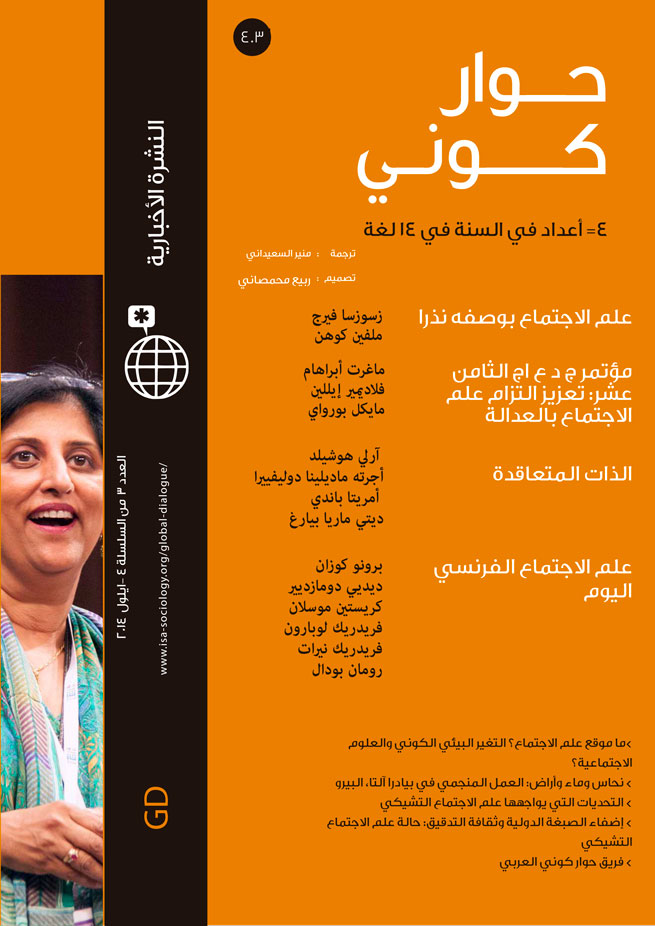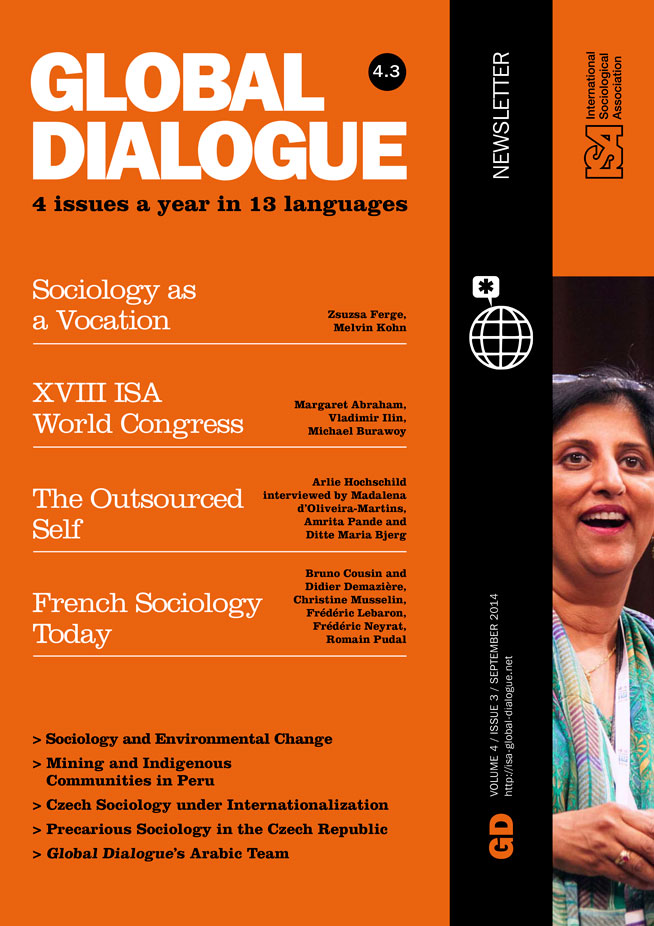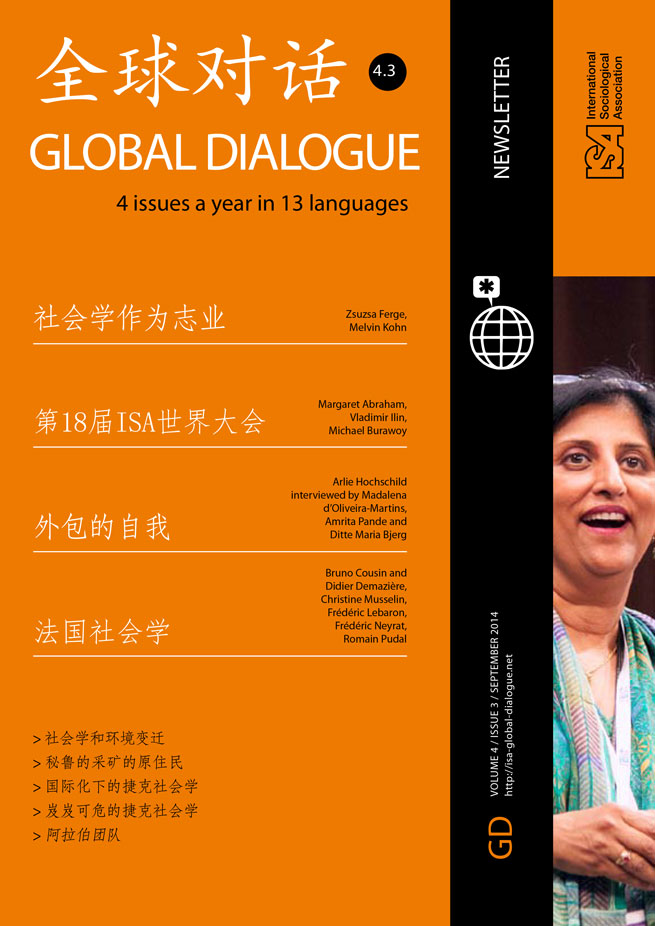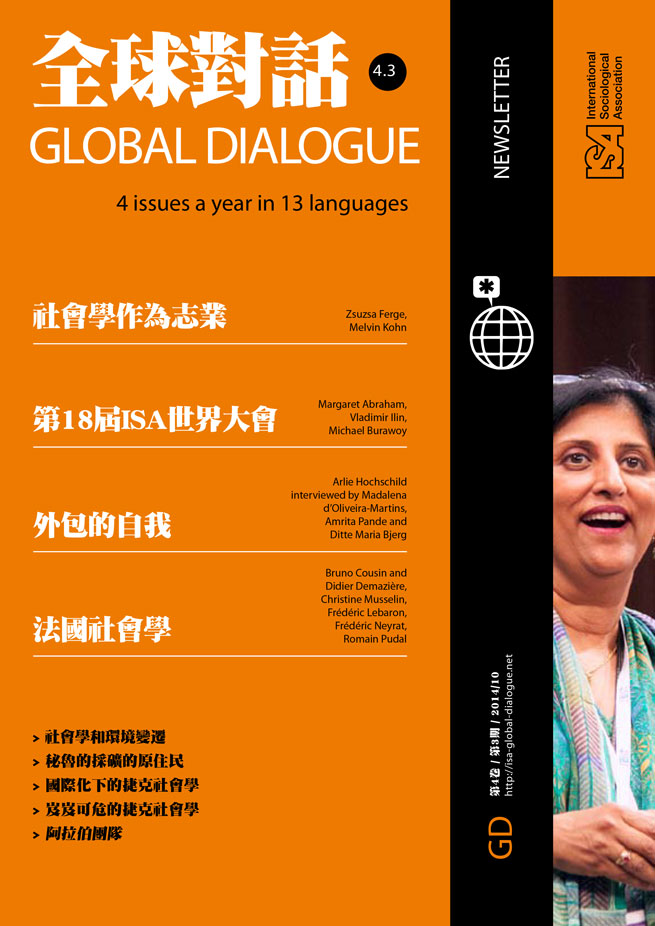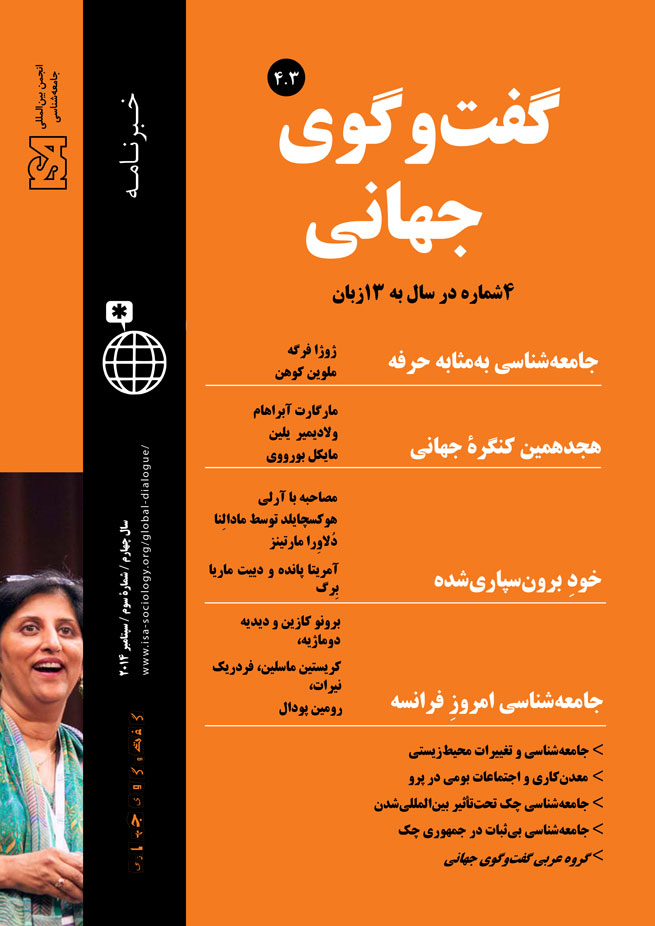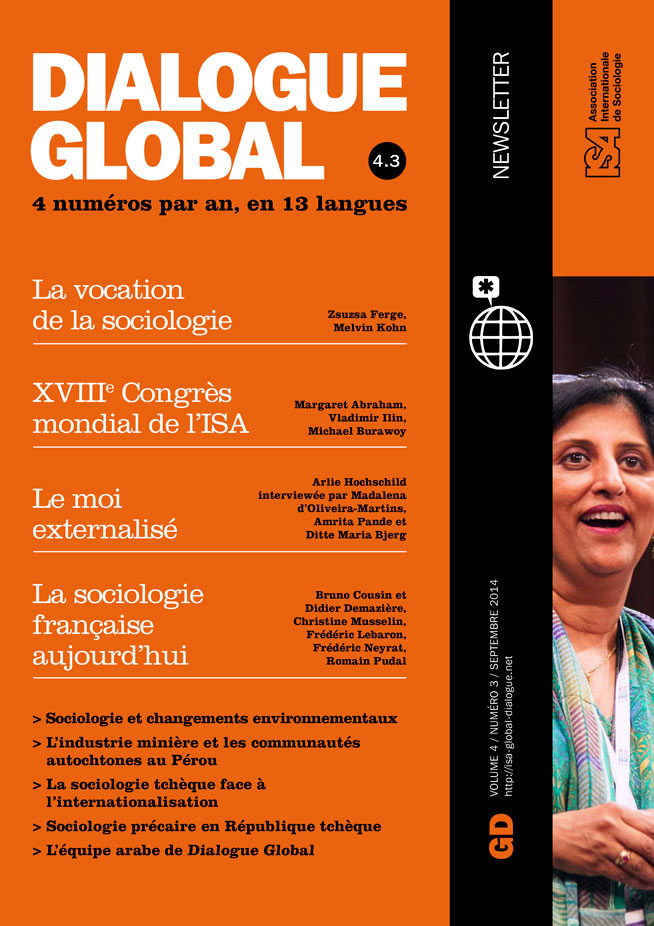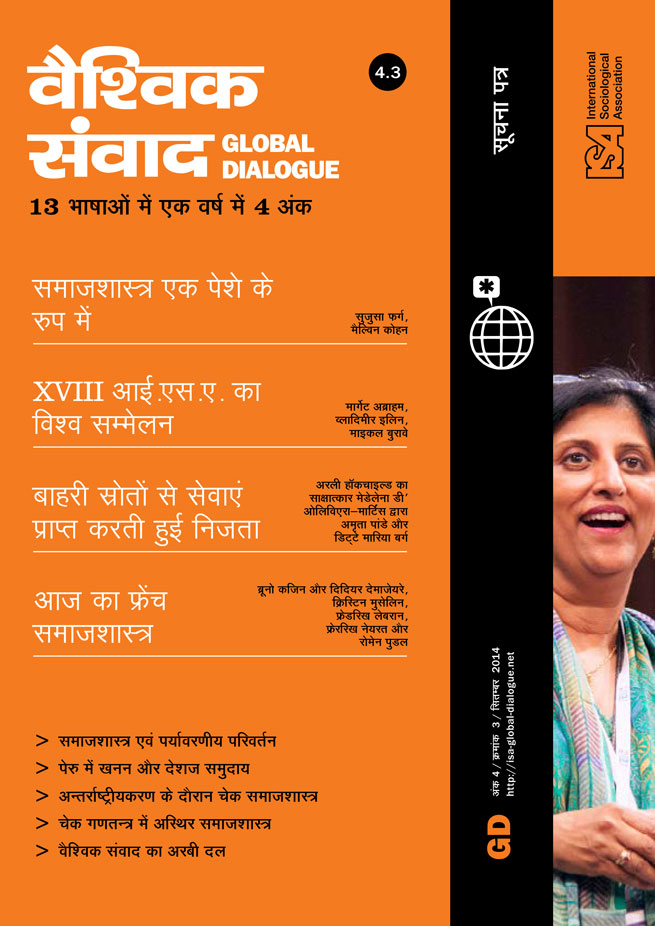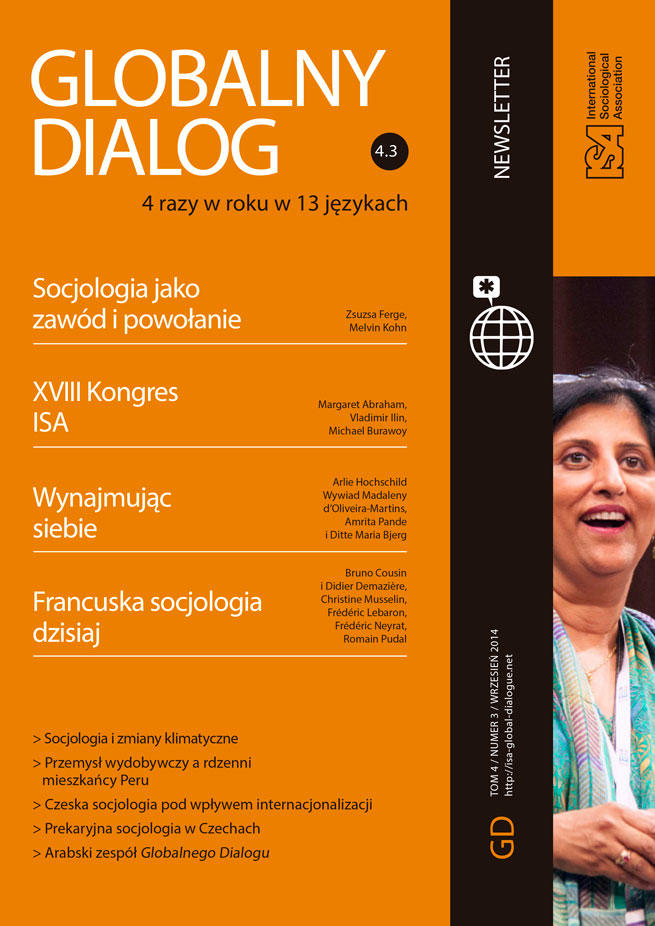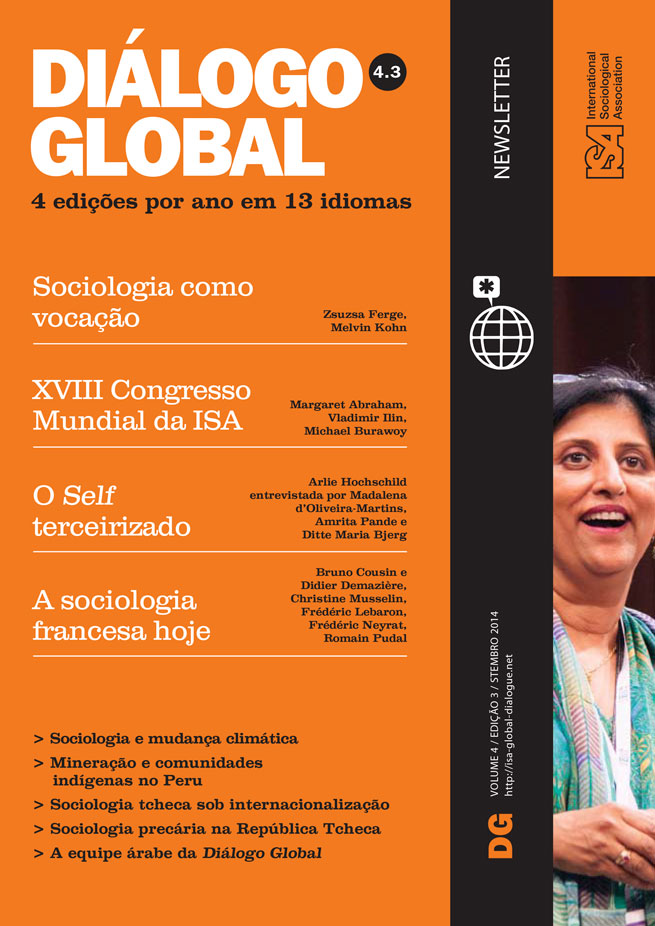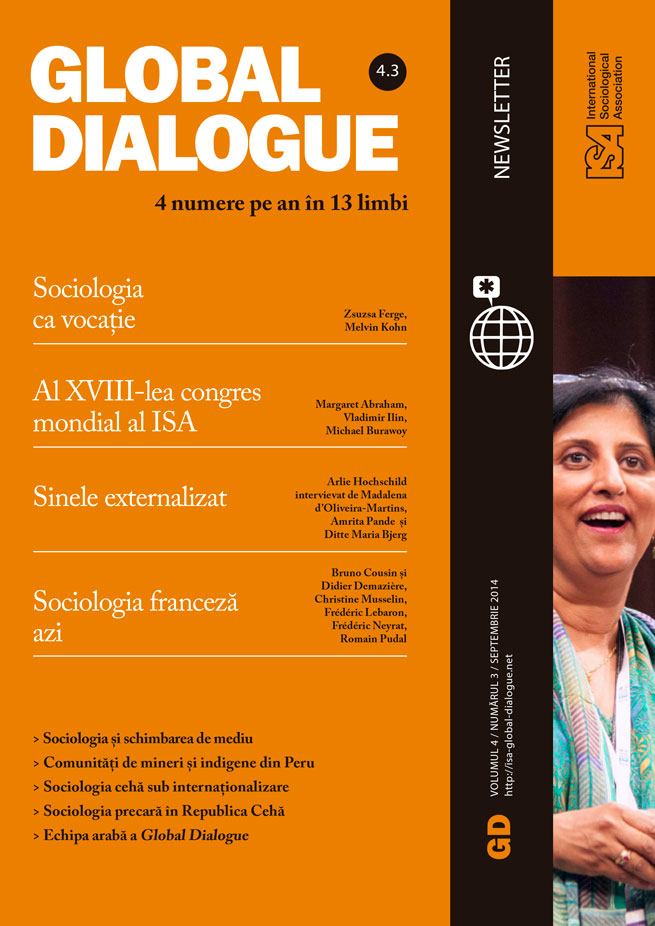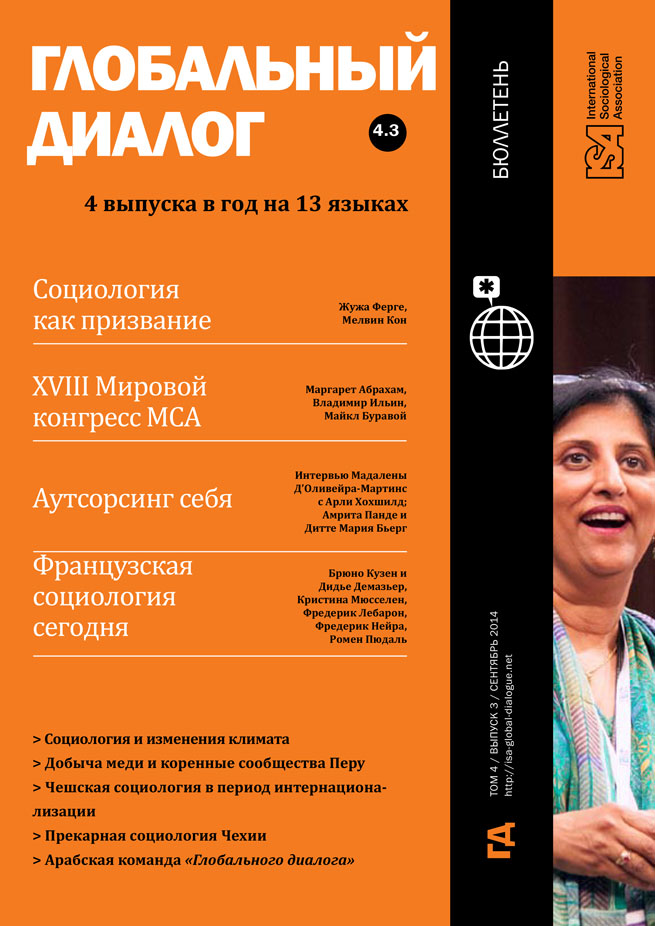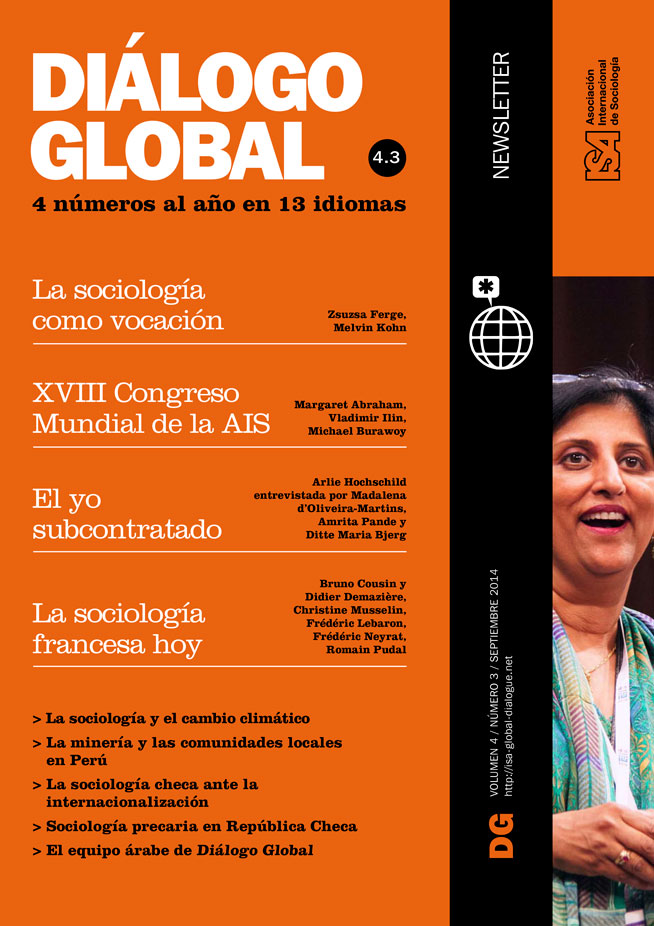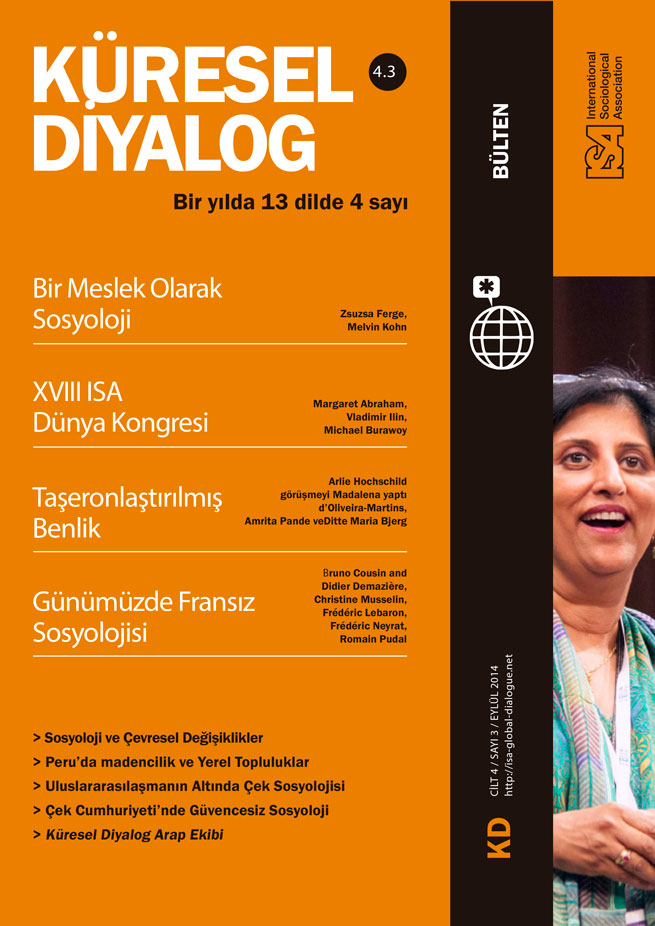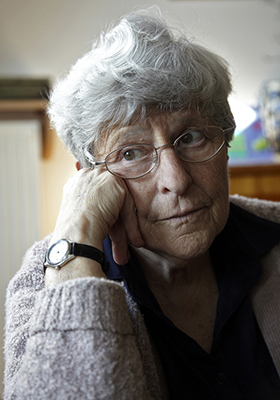Read more about Sociology as a Vocation
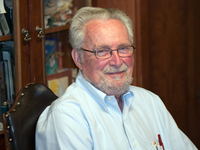
Life as a Cross-National Collaborator
by Melvin Kohn
September 08, 2014
For over 50 years Zsuzsa Ferge has held a leading position among Hungary’s sociologists and social statisticians. Whether under state socialism or the capitalism that followed, Ferge has always pursued research into patterns of inequality, poverty and marginality, leading to over fifteen books and hundreds of articles. One of Hungary’s most prominent academics, she has also been an inveterate critic and determined advocate of social policies. She founded the first department of social policy in Hungary in 1989 at the Eötvös Loránd University (ELTE) in Budapest. Until it was dissolved in 2011, she headed the group doing research for and leading the local implementation of the National Program against Child Poverty, located in the Hungarian Academy of Sciences. She has been recognized with numerous medals, awards and honorary degrees in Hungary and beyond.
I became a social statistician simply to earn a living while studying economics in the early 1950s. I was assigned to work on household budget statistics. The job involved visiting families living all over the country and processing by hand the monthly records of what they earned and how, what they ate, what they bought for their children. This experience was immensely more interesting than economics, Marxist or otherwise. So I deserted economics for something which was closer to people and society.
I started to analyze the household data, and soon found that numbers could help to make public in a non-ideological (apolitical) way the contrast or conflict between official ideology about equality, and the reality of everyday life. The then president of the Hungarian Statistical Office was flexible enough – and, although it is hard to believe now, independent enough – to authorize after 1956 a large survey (20,000 households) on various aspects of “social stratification.” (Words had then a tremendous symbolic importance for politics. “Social stratification” was a legitimate expression, while except in the official inept ideology, “social class” was not. We could study people with low income but could not mention poverty. Social statistics could be legitimately done, whereas sociology was anathema until the 1960s.)
The report on social stratification characterized various “socio-economic” groups and described the situation of “low-income” people. The implicit underlying theory suggested that the interconnections between the unequal distribution of power, knowledge and ownership (in that order) underpinned the formation of the structurally important groups.
Social inequalities have remained central to everything I have done ever since. After having mapped (at least to some extent) the statistical facts many questions arose. From the start my main question was how to reduce the inequalities that determined children’s fate from birth. In the Institute of Sociology of the Hungarian Academy of Sciences, founded in 1963, we studied the school as one possible mechanism to equalize children’s chances. These studies, while closely related to our former research, were deeply influenced by the “zeitgeist” of the times and particularly by the work of Pierre Bourdieu; all over Europe, social scientists hoped that education might help to reduce inequalities. Thus, starting in the late 1960s, our studies covered primary, secondary and vocational schools, school results and school careers of children, as well as the situation and opinion of teachers. But these hopes proved totally unfounded: our studies showed that while school structure had changed, schools continued to function as the most important agents in legitimating the social transmission of powerlessness and poverty.
Our questions continued in the same vein. Was there any agency that could change societal trends? The obvious next object of research was the state, or more exactly, state activities that could influence structural inequalities, among them social policy and central redistribution. So from the early 1970s, we started to explore Hungarian social policy. In 1966, I was fortunate to attend the World Congress of Sociology, where I met the founders of what later became the ISA Research Committee on Poverty, Social Welfare and Social Policy – Herbert Gans, Peter Townsend, Henning Friis, S.M. Miller and many others. These friendships opened the door to the work of Richard Titmuss, to the world of poverty research and to social policy studies.
We continued to study structural changes and poverty empirically and historically, and began to examine Hungarian social policy. Combining our sociological approach to social structure and (British) social policy in the strict sense of the word, we soon arrived at the concept of societal policy, linking the study of social policy to the larger analysis of structural change. In 1985, supported by the Sociology Department at Eötvös Loránd University, we introduced a degree in social policy – although it was called “historical sociology” because social policy was not yet recognized as a proper object of scholarship.
The Department of Social Policy and Social Work was established in 1989, on the eve of Hungary’s systemic change. In the new capitalism the same forces shape social structure, but their order of importance, as I tried to show later, has changed. Ownership and power have become all-important, the role of knowledge has somewhat decreased, and relationship to the labor market (access to jobs, the stability or precarity of jobs) has become as important as the first three structuring forces. I tried, but only partly succeeded, to incorporate Bourdieu’s concepts of “social capital” and habitus as well as the activity of agents into my conceptual framework of structural change. Yet social and personal connections seem to be increasingly important, and perhaps not only in today’s Hungary, in shaping and changing the distribution of other capitals. In Hungary, inequality, poverty, particularly child poverty, and especially deep child poverty, have increased since the 2008 global financial crisis.
After my retirement I continued to work on child poverty, and together with a group of colleagues, prepared a National Program to Combat Child Poverty 2007-2032. This plan was adopted by Hungary’s Parliament in mid-2008, and was implemented with some success in a poor micro-region before the group was dissolved in 2011. A modest version of the National Program survives, but it is generally overlooked in Hungarian policy debates. Since 2010 government politics have had a deliberate anti-poor and pro-middle class political bias, colored by “anti-child” features. Progressive taxation has been replaced by a flat tax, social assistance reduced and made increasingly conditional, the minimum age of criminal responsibility lowered from 14 to 12 years, age of compulsory school attendance from 18 to 16, and so forth.
Thus, although I was a social critic of inegalitarian state socialism (or anything you choose to call it except “communism,” which is a total, though widespread, misnomer), I have continued, with the same values about the trinity of the Enlightenment, as a critic of today’s brave new world. It was only after the demise of the former system that I fully realized that, alongside the study of its inequalities, one also has to pay attention to the reduction of vast pre-war inequalities. What were the extent, the price, and the short- and long-term consequences of effectively reducing income, wealth and to some extent knowledge inequalities? Without answering these questions it is hard to explain the happenings since the political and economic system changed. (Let this remain unanswered here.)
In recent decades I have tried to combine research, teaching and fieldwork with more involvement in “civil society,” as I am increasingly convinced that without a strong civil society, both state and market will go astray. This conviction is firmly supported by the current reality – but Hungarian civil society is still too weak to matter for those larger forces.
Zsuzsa Ferge, Eötvös Loránd University, Hungary <fergesp@t-online.hu>
This issue is not available yet in this language.
Request to be notified when the issue is available in your language.
If you prefer, you can access previous issues available in your language:
